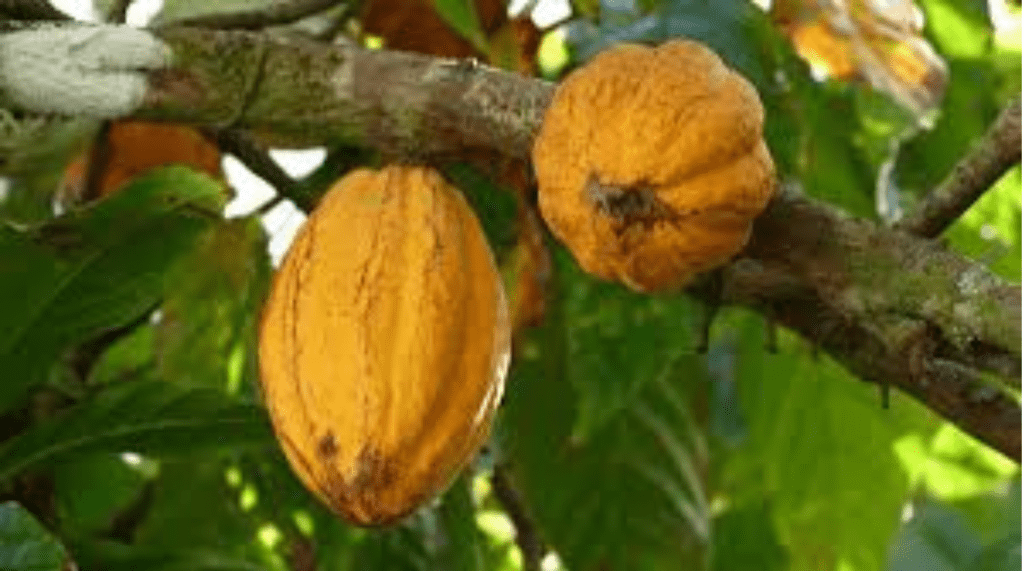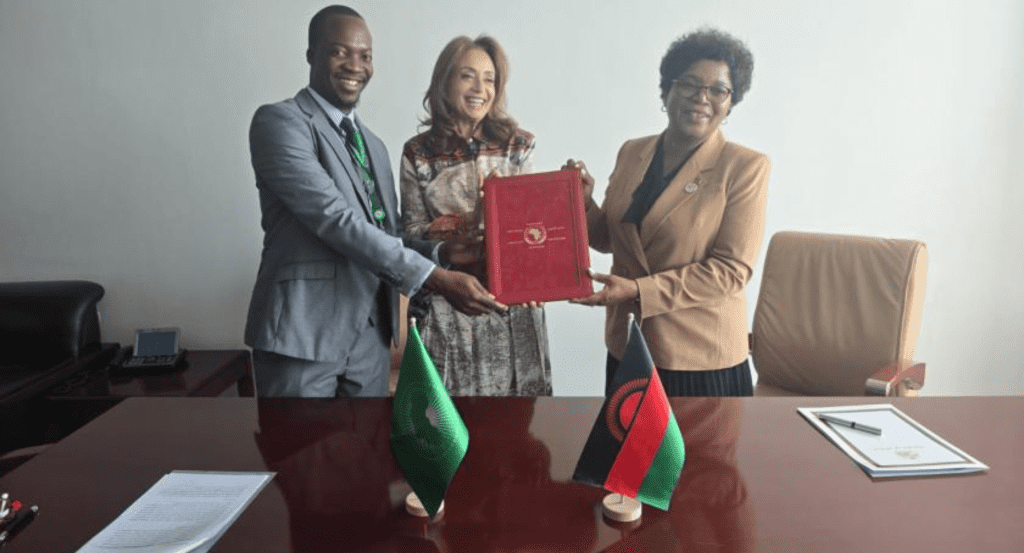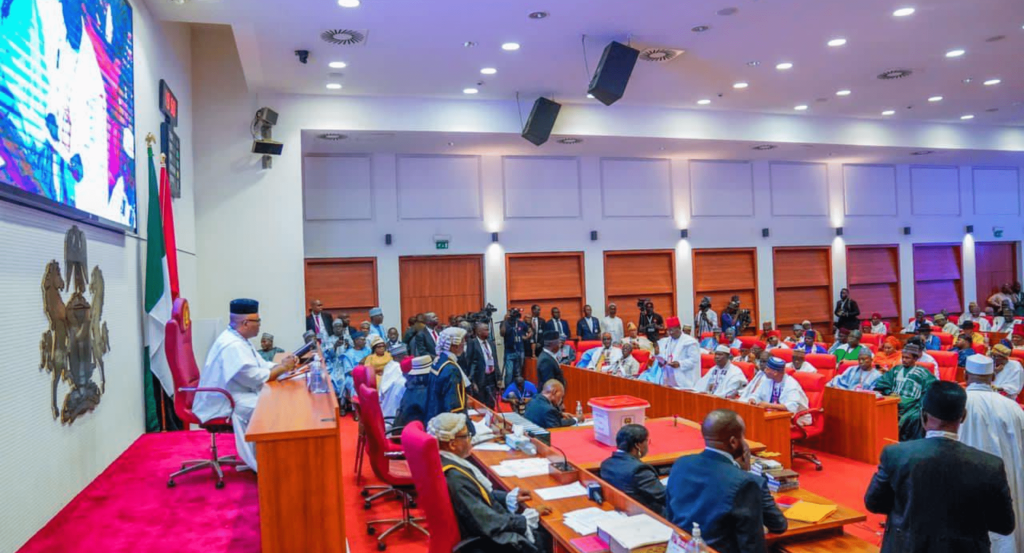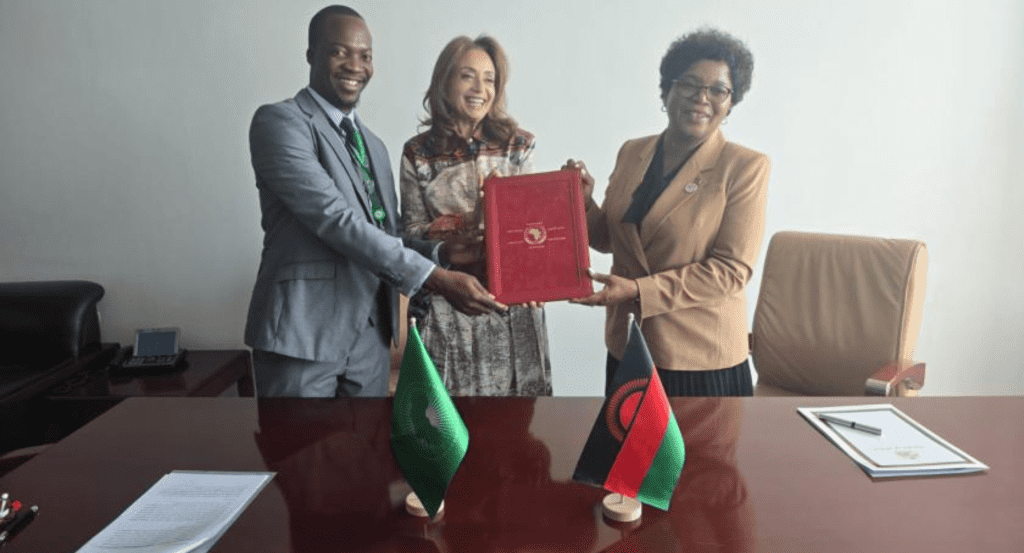Ghana has officially signed a landmark cocoa trade deal with the European Union (EU), marking a significant advancement in the country’s cocoa sector. The agreement aims to enhance cooperation between Ghana and the EU, focusing on sustainability, quality improvement, and fair trade practices.
Details of the Trade Agreement
The deal was signed by Ghana’s Minister of Food and Agriculture during a ceremony attended by EU representatives and key stakeholders in the cocoa industry. This agreement is expected to facilitate the export of high-quality Ghanaian cocoa to EU markets, promoting the country as a leader in sustainable cocoa production.
Under the terms of the agreement, Ghana will implement measures to ensure that cocoa is produced using environmentally friendly practices. The EU, in turn, will provide technical assistance and financial support to help Ghana meet these sustainability goals. The deal is part of the EU’s broader strategy to promote sustainable agricultural practices and responsible sourcing of raw materials.
Impact on Ghana’s Cocoa Sector
Ghana is one of the world’s largest cocoa producers, and this agreement is poised to strengthen its position in the global market. The Minister of Food and Agriculture stated that the deal will enhance Ghana’s cocoa supply chain and contribute to the livelihoods of cocoa farmers across the country. With the EU being a significant market for cocoa, the deal is anticipated to increase exports and improve the income of local farmers.
Additionally, the agreement aims to address pressing challenges in the cocoa industry, such as deforestation and child labor. By promoting sustainable practices, Ghana hopes to improve the overall quality of its cocoa while ensuring ethical labor standards.
Long-Term Goals and Collaboration
The Ghanaian government and the EU have expressed their commitment to long-term collaboration in the cocoa sector. The partnership will focus on research and development to innovate cocoa farming techniques and improve resilience against climate change.
As part of the deal, both parties will establish a monitoring framework to assess the progress of sustainability initiatives and trade objectives. Regular consultations will be held to address challenges and explore new opportunities within the cocoa market.
Conclusion
The signing of this landmark cocoa trade deal represents a significant step toward strengthening Ghana’s cocoa industry and enhancing its reputation in the global market. By prioritizing sustainability and fair trade practices, Ghana aims to ensure a prosperous future for its cocoa farmers and contribute to the broader goals of environmental conservation and social responsibility.



























